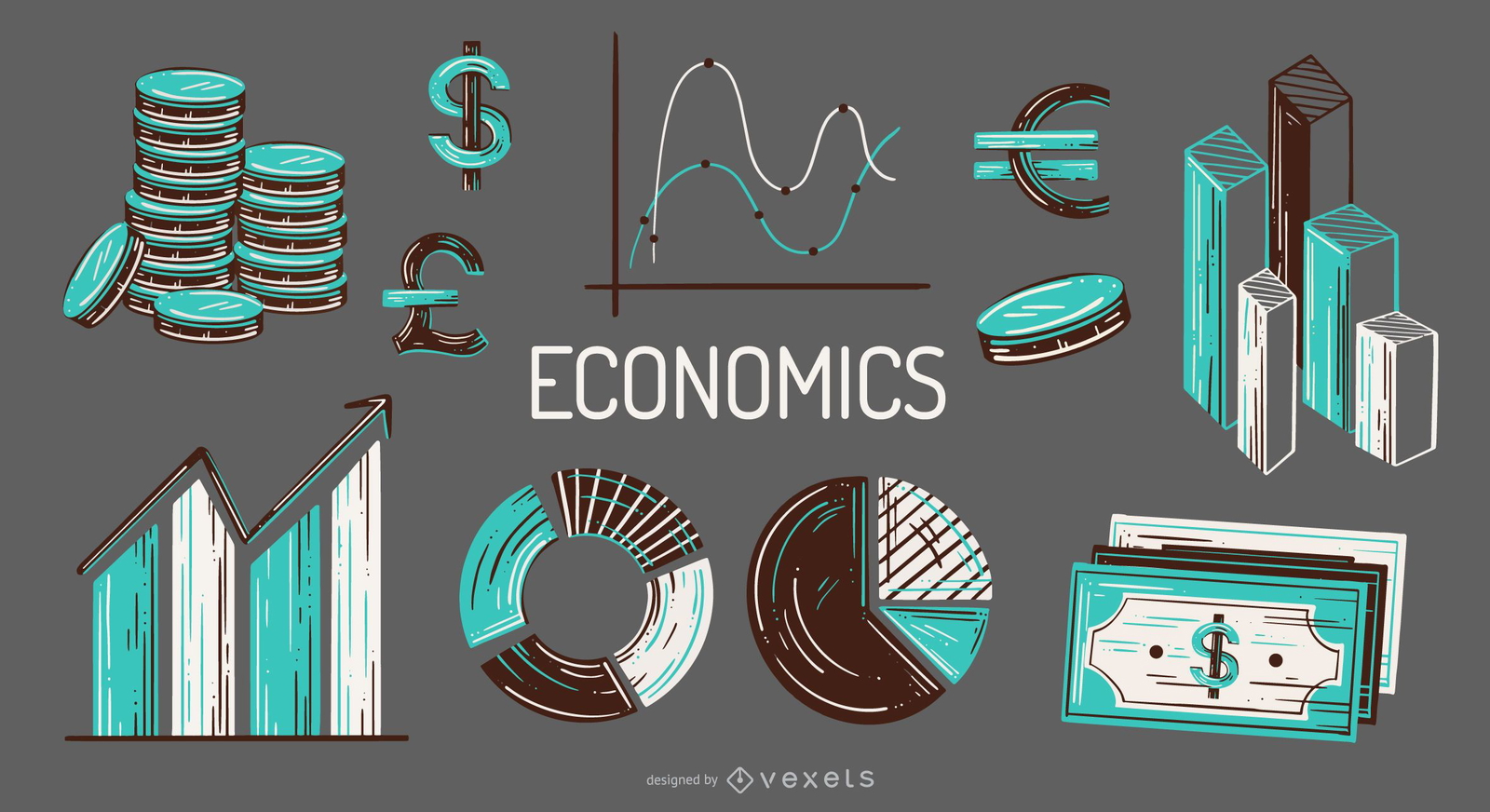The nexus between economics and human history elucidates a profound interplay, accentuated through the lens of Bahá’í teachings. This world religion, founded in the 19th century, proposes a transformative vision for both humanity and its economic systems. By embedding moral and ethical considerations within economic frameworks, the Bahá’í Faith posits that the evolution of economic structures can play a pivotal role in the advancement of civilization. The promises inherent in these teachings signal a significant shift in perspective, compelling one to reconsider the very foundations of economic thought and practice.
At its core, Bahá’í economic teachings advocate for the elimination of extremes of wealth and poverty, thus fostering social equity. This principle mirrors the essential unity of humankind, espousing that prosperity should not be the privilege of a select few, but rather a collective benefit. The economic transformation envisioned by this faith goes beyond mere financial redistribution; it seeks to cultivate a sense of shared responsibility among individuals, communities, and nations. Such an approach calls for inclusive policies that prioritize the welfare of all, particularly marginalized populations.
Integral to the Bahá’í perspective on economics is the concept of justice—both social and economic. The writings of Bahá’u’lláh, the founder of the Bahá’í Faith, emphasize justice as a cornerstone of any viable society. Economic justice necessitates a reevaluation of how wealth is generated and distributed, advocating for systems that not only create wealth but also equitably distribute its benefits. This calls into question the prevailing notions of capitalism and the structural inequities that often accompany it. The Bahá’í teachings propose a synthesis of economic models, where moral considerations guide market forces, ultimately leading to sustainable and ethical economic growth.
Moreover, the Bahá’í Faith places significant emphasis on the role of education as foundational in reshaping economic paradigms. Education is viewed not merely as a tool for individual advancement, but as a vital instrument for the collective upliftment of society. The teachings advocate for universal access to education, which fosters critical thinking and nurtures an ethos of productivity and innovation. An educated populace is better equipped to engage with economic systems, thereby participating actively in the creation of a more just and prosperous society.
The discourse surrounding women’s participation in economic activities is another salient aspect of Bahá’í teachings. Recognizing the integral role women play in the economic fabric of society, Bahá’í principles call for gender equality in economic spheres. This entails dismantling barriers that hinder women’s contributions, both in formal and informal sectors. The recognition of women as equal participants in the economy is essential not just for justice but also for overall societal development. Empirical evidence supports the notion that when women thrive economically, families and communities also prosper, leading to comprehensive societal benefits.
The teachings on economics extend to the importance of adopting a global perspective, transcending nationalistic tendencies. The Bahá’í Faith advocates for global governance structures that embody both unity and cooperation. Such frameworks aim to address economic disparities that are often exacerbated by isolationist policies and competition between nations. A global system that operates on principles of collaboration and mutual benefit can mitigate the challenges of economic inequality and foster a more harmonious world.
Furthermore, environmental sustainability is intricately woven into Bahá’í economic teachings. The concept of stewardship is paramount, as the Faith encourages individuals and communities to recognize their responsibility toward the planet. Economic practices must align with ecological harmony, promoting sustainable methods of production and consumption. The intersection of economics and environmental stewardship emphasizes the importance of developing systems that preserve natural resources for future generations. This ecological outlook is not merely a peripheral concern but a core tenet that could reshape how economies operate in compliance with natural laws.
In the broader context of human history, the Bahá’í Faith views economic systems as agents of transformation. The transition from agrarian economies to industrialized societies and now to information-based economies reflects evolving human consciousness. Each economic era has brought opportunities and challenges, mirroring the maturation of humanity as a collective. By integrating ethics into economic practices, the Bahá’í teachings posit that the trajectory of human development can shift toward a more just and equitable world.
Additionally, the prophetic wisdom of Bahá’í teachings suggests that the orchestration of economic policies must anticipate future societal needs. Short-term gains, when prioritized, often overlook the long-term consequences that may arise from unsustainable practices. A forward-thinking economic approach is essential; one that champions foresight and thoughtful planning could avert crises rooted in economic mismanagement and environmental degradation.
In summation, the Bahá’í perspective on economics transcends conventional paradigms, suggesting a revitalization of economic thought entrenched in ethical responsibility, justice, and sustainability. By reimagining economic relationships in ways that recognize our interconnectedness, this viewpoint amplifies the potential for a forthcoming era marked by enhanced economic equity and global cooperation. The transformative promise embedded in Bahá’í teachings beckons society to rethink its trajectory, igniting curiosity and hope for a future where economics serve the holistic advancement of humanity.
